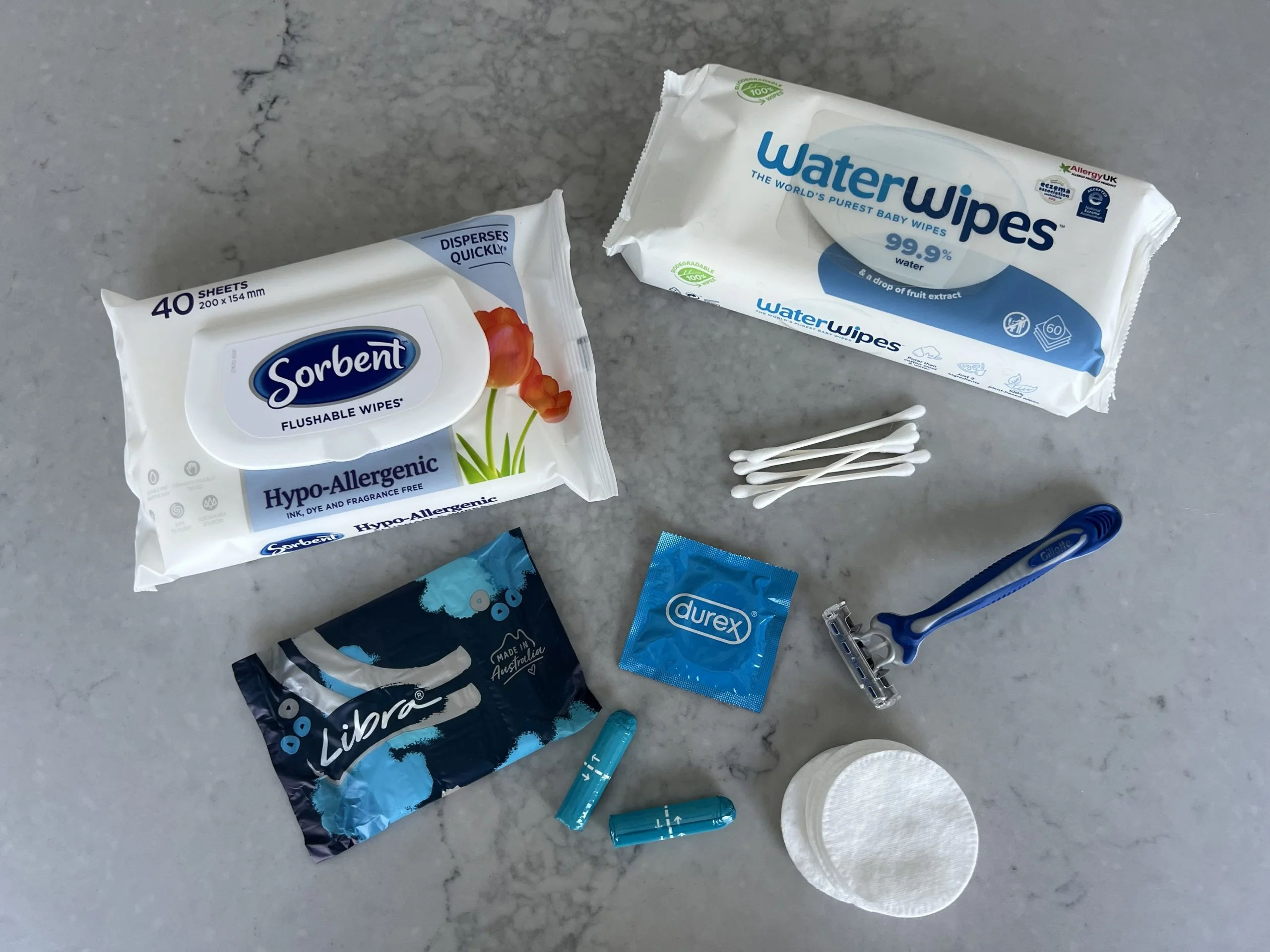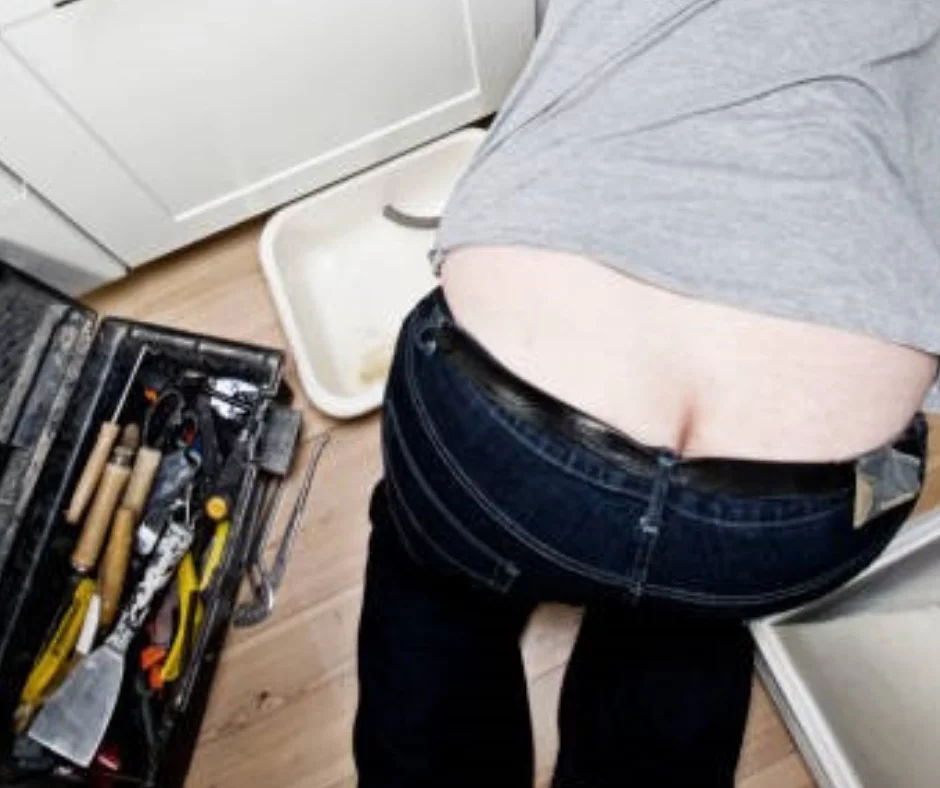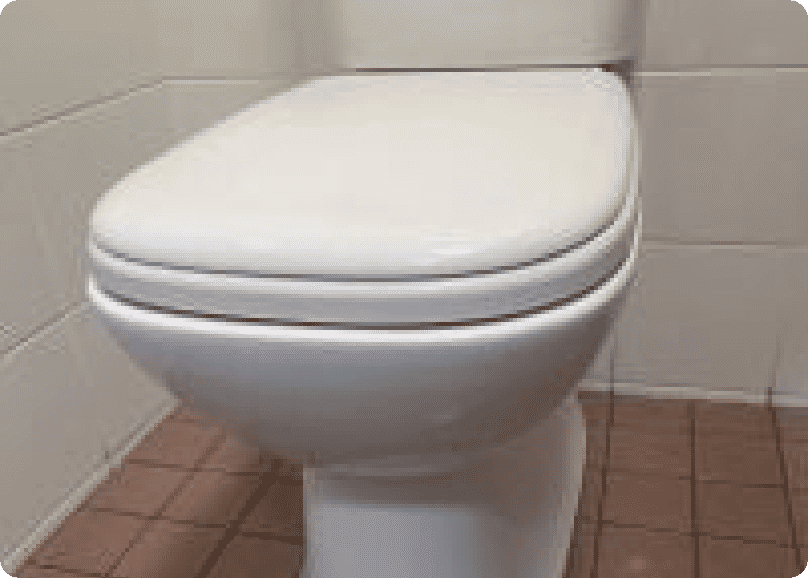Can a Gas Regulator Get Blocked?
- William Demirdonder
- Aug 28, 2025
- No comments
- 15-minute read

A question that often comes up is whether a gas regulator can get blocked. The short answer is yes. Regulators can develop blockages, but understanding why this happens and how to respond is where the expertise of a gas fitter in Sydney becomes important.
Before looking at blockages, it’s worth knowing the purpose of a regulator. Gas supplied to Sydney homes and businesses arrives under high pressure. Appliances such as stoves and heaters can’t handle that level of pressure directly. The regulator’s job is to reduce and stabilise the flow, keeping your appliances safe and efficient.
If the regulator is not working, you may experience irregular flames, difficulty lighting appliances, or complete loss of gas supply. These are early signs that something is wrong and that a professional should inspect the system.
Yes, regulators can become blocked by dirt, dust, or even corrosion. Over time, particles can build up inside the valve or diaphragm, restricting the gas flow. In some cases, insects or small debris can enter through the vent and clog the system.
For homes near construction sites or in areas with older gas lines, the risk of debris making its way into the regulator is even higher. Once blocked, the regulator restricts gas flow, and appliances may either run inefficiently or fail completely.
Recognising the warning signs early is critical. Homeowners in Sydney often call a Sydney gas fitter when they notice:
These issues are not just inconvenient. A blocked regulator can lead to unsafe gas pressure levels, putting both property and people at risk.
Gas safety is not something to take lightly. When regulators are blocked, gas can either fail to flow or build up in unsafe ways. Both situations carry risks.
Low pressure might cause appliances to burn gas inefficiently, producing carbon monoxide. High pressure, on the other hand, can overwhelm appliances, creating fire hazards. Both outcomes highlight why a blockage should always be addressed quickly by a licensed gas fitter in Sydney rather than attempted DIY fixes.
Blockages usually result from a combination of age, environment, and maintenance. Some common causes include:
In Sydney’s humid coastal environment, corrosion and insect activity are particularly common causes.
It’s tempting to try cleaning a regulator, but gas systems are complex and potentially dangerous. Regulators are sealed units, and tampering with them can make the problem worse or create leaks.
The safer approach is to contact a licensed Sydney gas fitter. They have the tools to test pressure, confirm whether the regulator is faulty, and replace it if needed. For homeowners, the best step is recognising the symptoms and calling for professional help rather than trying to dismantle the unit.
A professional will usually follow a step-by-step process:
This process doesn’t just solve the immediate problem but also prevents hidden leaks or future faults.
Gas regulators are not designed to last forever. In Sydney, most households should expect to replace a regulator every 10 to 15 years. If your system is older, has never been serviced, or is exposed to outdoor conditions, it may need replacing sooner.
Routine checks by a licensed gas fitter in Sydney can extend the lifespan of your regulator. Regular inspections ensure that blockages or pressure problems are caught early before they disrupt your household.
Yes. Since the regulator controls the flow of gas from the main line, a blockage usually impacts every connected appliance. You may notice issues with your stove, hot water system, and heating at the same time.
This system-wide effect is another reason why regulators are often the first suspect when multiple appliances start failing simultaneously.
Gas fitters in Sydney follow strict safety procedures. They shut off the supply, depressurise the system, and replace the regulator with a model that meets Australian standards. They also test for leaks and confirm that each appliance is running at the correct pressure.
These steps are not just best practice—they’re legal requirements under NSW regulations. Hiring a licensed professional gives you confidence that your home is safe and compliant.
Yes. Preventative maintenance is always cheaper and safer than emergency repairs. Annual or biannual inspections by a Sydney gas fitter can detect early signs of regulator wear, blockages, or leaks.
Regular servicing is particularly important for households that use gas heavily for heating or commercial kitchens that depend on reliable gas flow every day.
If you notice weak flames, irregular heating, or appliances that won’t ignite, turn off the gas supply if it feels unsafe and call a licensed professional. Do not attempt to dismantle or clean the regulator yourself.
Keeping the contact details of a trusted gas fitter in Sydney on hand makes it easier to act quickly when something feels wrong. Quick action can prevent further damage and restore your system safely.
Yes, they can. Blockages are a real issue for Sydney households, caused by debris, insects, corrosion, or lack of maintenance. The signs are often clear—weak flames, unreliable appliances, and inconsistent heating. But diagnosing and fixing the problem safely requires the knowledge and tools of a licensed gas fitter.
At Proximity Plumbing, we provide professional gas fitting services across Sydney. Our licensed team handles everything from blocked regulators to full gas line installations. We focus on safety, clear communication, and dependable workmanship, so you never have to guess about the quality of service.
If you suspect a blocked regulator or need a full gas system inspection, contact Proximity Plumbing today. We’re your local gas fitter in Sydney, ready to keep your home running safely and efficiently.
Understanding your home insurance and what you are covered for when it comes to plumbing can be overwhelming. Do you have cover if the land mower of your neighbour damages part of your pipeline?....
Read MoreFatbergs are created when you flush down wet wipes or “flushable” wipes down the toilet and they get caught up in your pipes with a combination of any oils, fats or grease poured down the ....
Read MoreImagine you’re in the midst of a plumbing emergency (we’ve all been there) and you desperately need an ace plumber on your door step. We doubt in the middle of a plumbing emergency you&rs....
Read MoreIrrespective of how hard you try, sometimes a toilet or bathroom clog is unavoidable. Whatever might be the reason for the clog, you need to clear the same. When you wish to fix the problem, a plunger....
Read More



Leave a Reply
Your email address will not be published. Required fields are marked *